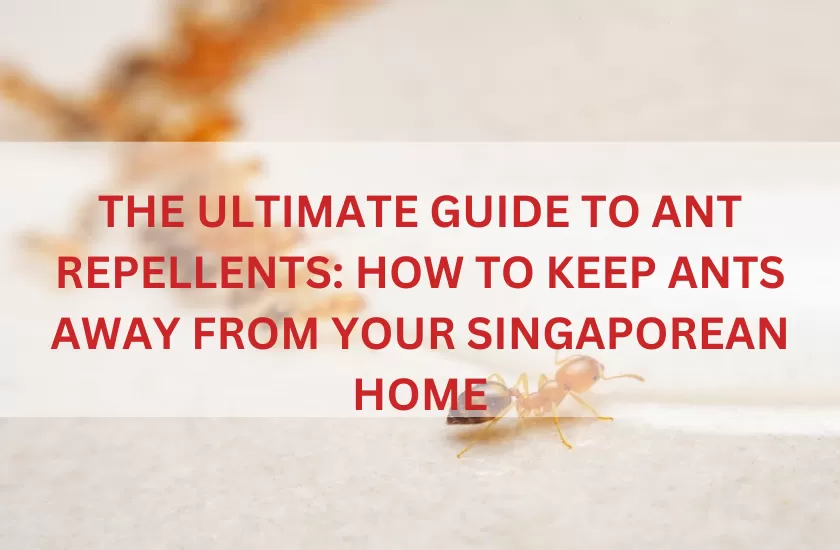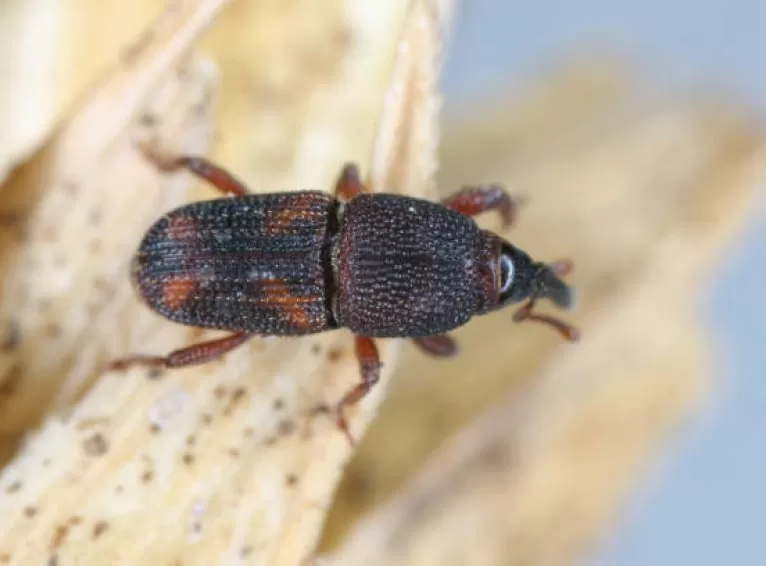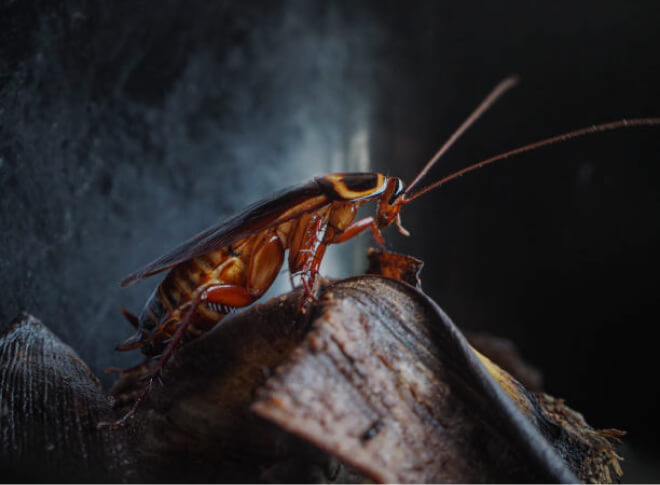Ants are incredible creatures, but they can be a nuisance when they invade your home in Singapore. From marching across your kitchen countertops to finding their way into your pantry, dealing with ants can be frustrating. Fortunately, there are effective ways to repel ants and keep them out of your living space. In this guide, we’ll explore various ant repellents and strategies tailored specifically for Singaporean homes.
Understanding Ant Behavior
Understanding ant behaviour is crucial in effectively managing and repelling these tiny invaders from your Singaporean home. Ants, like many other social insects, operate in highly organised colonies, with each individual playing a specific role to ensure the survival and prosperity of the colony as a whole.
- Food Source: One of the primary reasons ants are attracted to your home is the presence of food. Ants are omnivorous scavengers, meaning they’ll eat just about anything they can find, including crumbs, spilt liquids, and even pet food left out in the open. Your kitchen, pantry, and dining areas are particularly attractive to ants because they provide easy access to food.
- Water: In addition to food, ants also need water to survive. They are attracted to areas with moisture, such as leaky pipes, dripping faucets, and areas with high humidity. Even small droplets of water can attract ants, especially during dry spells when water sources are scarce outdoors.
- Shelter: Your home offers ants shelter from harsh weather conditions, predators, and natural predators. Cracks in walls, gaps around windows and doors, and cluttered spaces provide ideal hiding spots and nesting sites for ants. Once ants find a suitable shelter, they’ll quickly establish trails to and from their nest, allowing other colony members to join in the invasion.
- Scent Trails: Ants communicate with each other using pheromones, chemical signals that they leave behind as they move around. When an ant finds a food source, it will lay down a scent trail for other ants to follow, leading them directly to the source of food. These scent trails can persist for a long time, attracting more and more ants to your home.
Understanding these behaviours helps you develop effective strategies for ant control. By eliminating food and water sources, sealing entry points, and disrupting scent trails, you can make your home less attractive to ants and discourage them from invading your living space. Additionally, by understanding how ants operate, you can choose repellents and control methods that target their unique biology and behaviours, leading to more successful pest management outcomes.
Natural Ant Repellents
Here are some of the effective natural ant repellents that you can use to keep them away from your house.
Vinegar:
Ants have a strong aversion to the smell of vinegar, which disrupts their ability to communicate through scent trails. By mixing equal parts of vinegar and water in a spray bottle and using it to wipe down surfaces where ants are seen, you not only remove the ants’ scent trails but also create an environment that ants find unpleasant. Vinegar is readily available in most households and is an effective and affordable way to deter ants.
Citrus:
The strong scent of citrus fruits like lemon and orange contains compounds that ants find repugnant. Rubbing citrus peels along entry points and areas where ants are prevalent not only releases the aroma of citrus but also leaves behind natural oils that act as a deterrent. Additionally, you can create a citrus spray by diluting citrus essential oils in water and using it to spray around entry points. This method is not only effective but also leaves your home smelling fresh and citrusy.
Cinnamon:
Cinnamon powder has long been used as a natural ant repellent due to its potent aroma and antiseptic properties. Sprinkling cinnamon powder near ant entry points and along their trails disrupts their communication and navigation abilities, making it difficult for them to locate food sources in your home. Cinnamon is safe to use around pets and children and provides a natural alternative to chemical-based ant repellents.
Peppermint:
Ants dislike the strong scent of peppermint, which overwhelms their olfactory receptors and masks the pheromone trails they use to communicate. Creating a peppermint spray by mixing peppermint essential oil with water and spraying it around entry points and along baseboards creates a barrier that ants are reluctant to cross. Peppermint oil is potent, so a little goes a long way, making it a cost-effective and natural solution for ant control.
Bay Leaves:
Bay leaves contain compounds that repel ants and disrupt their ability to detect food sources. Placing bay leaves in cabinets, pantry shelves, and other areas prone to ant activity creates a natural barrier that deters ants from entering those spaces. Bay leaves are non-toxic and can be safely used around food, making them an ideal choice for ant control in kitchen areas.
Commercial Ant Repellents
When dealing with extensive ant infestations, commercial ant killers prove highly beneficial. They are both safe and effective for use. Below are some commonly recommended options to consider for effectively eliminating ants from your property.
Ant Baits:
Ant baits are a highly effective method for eliminating ant colonies at their source. These baits contain a slow-acting poison mixed with attractive food sources that ants carry back to their nests. The poisoned bait is then shared with other members of the colony, including the queen, ultimately leading to the demise of the entire colony. When using ant baits, it’s crucial to place them near entry points and areas with high ant activity to maximise their effectiveness. Patience is key with ant baits, as it may take some time for the poison to spread throughout the colony and achieve complete eradication. However, this method offers long-lasting results and is particularly useful for dealing with persistent ant infestations.
Ant Dust:
Ant dust is a powdered insecticide formulated to kill ants on contact and provide residual protection against future infestations. It typically contains active ingredients such as diatomaceous earth or boric acid, which are abrasive to ants’ exoskeletons and desiccate their bodies upon contact. Ant dust is applied along cracks, crevices, and entry points where ants are likely to travel, creating a barrier that effectively eliminates ants as they come into contact with the powder. Additionally, ant dust remains active for an extended period, providing continuous protection against ants and other crawling insects. This method is ideal for targeting hard-to-reach areas and can be used both indoors and outdoors to control ant populations effectively.
Ant Traps:
Ant traps offer a convenient and safe solution for reducing ant populations in your home. These traps typically consist of a plastic or cardboard housing containing a bait attractant and a sticky surface. The bait lures ants into the trap, where they become stuck on the adhesive surface and are unable to escape. Ant traps are designed to be placed in areas where ants are commonly found, such as along baseboards, countertops, and near entry points. They are safe to use around pets and children, as the bait is contained within the trap, minimising the risk of exposure to harmful chemicals. Ant traps are effective in capturing worker ants and can help disrupt ant colonies by reducing their numbers over time. Regularly replacing traps and placing them strategically can help maintain effective ant control in your home.
Preventive Measures
Keep ants away by taking simple preventive steps like:
- Seal Entry Points: Seal cracks and gaps around windows, doors, and pipes to prevent ants from entering your home.
- Clean Regularly: Keep your home clean and free of crumbs, spills, and food debris that attract ants.
Store Food Properly: Store food in airtight containers and keep countertops and floors clean to deprive ants of a food source. - Trim Vegetation: Keep tree branches and shrubs trimmed away from your home to prevent ants from using them as bridges to enter.
Conclusion
Dealing with ants in your Singaporean home can be challenging, but with the right repellents and preventive measures, you can keep them at bay. Whether you prefer natural remedies like vinegar, citrus, cinnamon, peppermint, and bay leaves, or opt for commercial products such as ant baits, dusts, and traps, there are plenty of options available to suit your needs. By understanding ant behaviour and taking proactive steps to deter them, you can enjoy a pest-free living space in Singapore.
However, if you find yourself struggling to manage ant infestations despite your best efforts, seeking the assistance of a professional pest control company can be immensely beneficial. Pest control experts have the knowledge, experience, and resources to identify the root cause of ant infestations and implement targeted solutions to eliminate them effectively. Whether it’s conducting a thorough inspection of your home, applying specialised treatments, or providing ongoing monitoring and maintenance, a pest control company can offer comprehensive ant control services tailored to your specific situation.
By partnering with a pest control company, you can gain peace of mind knowing that trained professionals are working to resolve your ant problem efficiently and effectively. With their expertise and dedication, you can reclaim your home from ants and enjoy a pest-free environment for you and your family to thrive in. Don’t hesitate to reach out to a reputable pest control company for assistance if you’re struggling to manage ant infestations on your own. With their help, you can achieve long-term ant control and maintain a clean and comfortable living space in Singapore.







